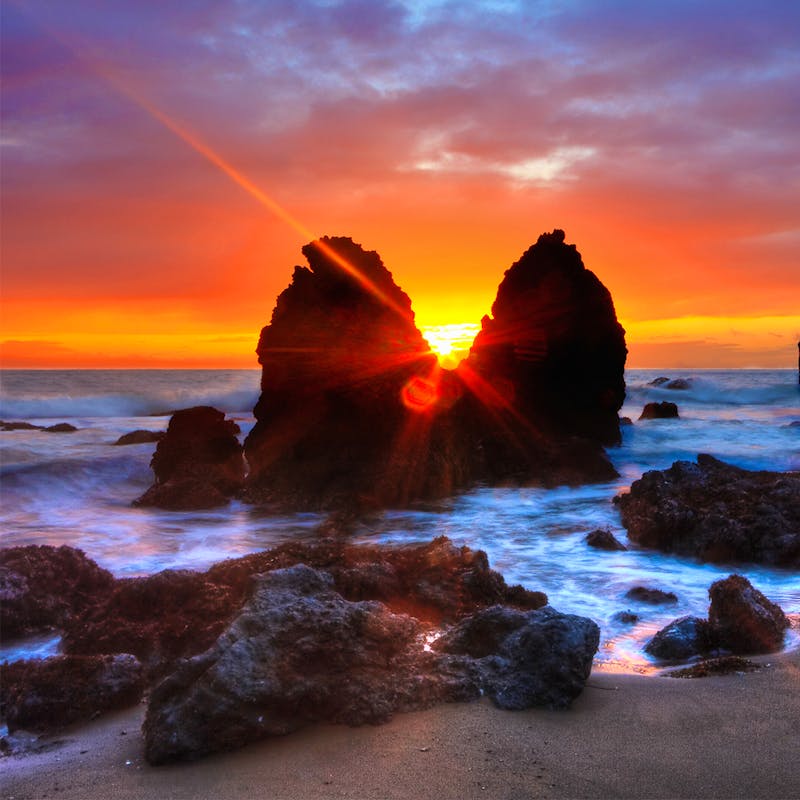TweetCommercial fishermen trespass onto islands set aside as sensitive nesting habitat while the U.S. Fish and Wildlife Service emboldens this illegal activity. The Service’s ongoing allowance of harvesting in these and other areas harms the same species Cape Romain was established to protect. The Service must suspend the harvest until it evaluates how it can proceed in a manner that no longer puts the refuge at risk.
The U.S. Fish and Wildlife Service is failing to follow the law and its obligation to protect one of South Carolina’s most pristine coastal sanctuaries by allowing commercial harvest of horseshoe crabs at Cape Romain National Wildlife Refuge.
Conservation groups are accusing the federal agency of skipping the critical work needed to assess what effects the horseshoe crab harvest would have on the shorebirds that rely on crab eggs for food, on the breeding success of nesting migratory birds, and on the ecological balance of the refuge.
“This is a case of a federal agency just not doing its job,” said Catherine Wannamaker of the Southern Environmental Law Center. “A wildlife refuge like Cape Romain is an amazing place where everything exists in balance. Before allowing a commercial operation like horseshoe crab harvesting, it’s critical the government study whether the activity will upset the balance. That wasn’t done here.”
Each spring, horseshoe crabs emerge from the Atlantic Ocean to lay eggs. Migrating shorebirds, like the iconic but threatened red knot, time their long journeys to coincide with the availability of crab eggs. The birds use the refuge islands as a stopover to gorge themselves and bulk up for the final and demanding northbound stretch of their migration.
Commercial harvesters also take advantage of the horseshoe crabs’ predictable spawning to scoop them up by the thousands. The horseshoe crabs are taken because a component of their blue blood is used to ensure medical products are free of bacteria. The Cape Romain crabs are taken to a Charleston-area laboratory where workers drain about a third of the creatures’ blood. Although the crabs are later released, an estimated 30% die as a result of the procedure.
Others become so lethargic they fail to produce a normal volume of eggs, further reducing the food source for migrating birds.
In the complaint filed in Charleston federal court, Defenders of Wildlife alleges that the U. S. Fish and Wildlife Service, in allowing the harvest on Cape Romain, violated:
• The National Wildlife Refuge Improvement Act of 1997
• The Endangered Species Act
• The Migratory Bird Treaty Act
The complaint states, among other things, the federal wildlife agency failed to take into account the shorebirds’ reliance on the horseshoe crab eggs and how taking away crabs would affect the imperiled red knots’ ability to feed and migrate.
Overall, by authorizing commercial horseshoe crab harvesting at Cape Romain, which has killed chicks, destroyed eggs, disturbed countless birds, and adversely affected their abilities to breed, feed and shelter, the U.S. Fish and Wildlife Service has breached its legal obligation under the Refuge Improvement Act to ensure that its management of the refuge will not undermine the refuge’s purposes.
“Commercial fishermen trespass onto islands set aside as sensitive nesting habitat while the U.S. Fish and Wildlife Service emboldens this illegal activity,” said Lindsay Dubin, an attorney with Defenders of Wildlife. “The Service’s ongoing allowance of harvesting in these and other areas harms the same species Cape Romain was established to protect. The Service must suspend the harvest until it evaluates how it can proceed in a manner that no longer puts the refuge at risk.”
###
For more than 30 years, the Southern Environmental Law Center has used the power of the law to champion the environment of the Southeast. With more than 80 attorneys and nine offices across the region, SELC is widely recognized as the Southeast’s foremost environmental organization and regional leader. SELC works on a full range of environmental issues to protect our natural resources and the health and well-being of all the people in our region. www.SouthernEnvironment.org
Additional Media Contact:
Mike Mather, SELC Communications; (434) 977-4090 or cell/text (434) 333-9464; mmather@selcva.org
For over 75 years, Defenders of Wildlife has remained dedicated to protecting all native animals and plants in their natural communities. With a nationwide network of nearly 2.1 million members and supporters, Defenders of Wildlife is a leading advocate for innovative solutions to safeguard our wildlife for generations to come. To learn more, please visit https://defenders.org/newsroom or follow us on X @Defenders.
Media Contact
News

Colorado Announces No Wolf Release This Winter




